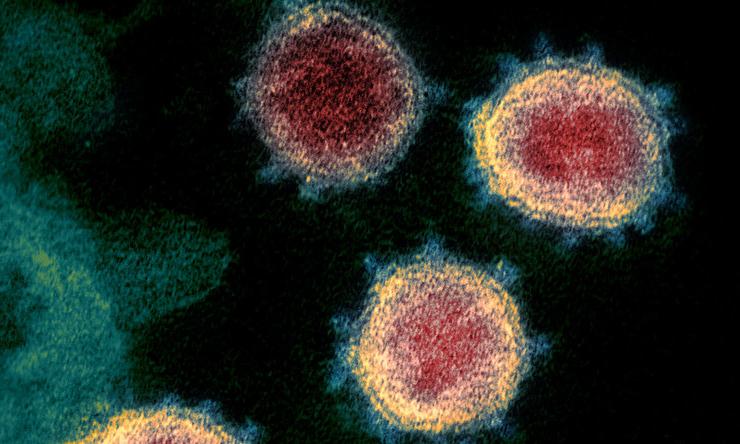Maternal deaths and coronavirus
In an effort to better understand how COVID-19 affects pregnant women, researchers at Baylor College of Medicine and Texas Children’s Hospital studied the outcomes among pregnant women with severe COVID-19 disease in Iran, which was one of the countries outside of China to report disease as early as mid-February. Their findings were published in The American Journal of Obstetrics & Gynecology.
Cases were not selected by any form of systematic surveillance, but rather arose through a voluntary reporting of maternal cases with morbidity (occurrences of severe illness) or mortality (death) suspected to be attributable to COVID-19. The resulting case series from Iran was limited to a 30-day period in which women with known severe morbidity or death were voluntarily reported to the Iranian Perinatal Society from one of seven major hospitals or centers through a secure reporting structure. These cases were then reviewed by a team of obstetrical investigators based at Baylor and Texas Children’s, who then summarized their findings. In order to provide a comparison group, the team of investigators obtained self-verified data from members of the patients’ family or household that they lived with at the time.
Among the nine pregnant women in their case series with severe COVID-19 disease, seven died, one remains critically ill and ventilator-dependent, and one recovered after prolonged hospitalization. They compared the outcomes of the pregnant women to their familial/household members (a total of 33 people), and in each and every instance, the maternal outcomes were more severe.
This study is the first to document the unfortunate death of pregnant women due to COVID-19 and should serve as a caution and reminder to not rush estimates of proportionate risk in pregnancy, according to Dr. Kjersti Aagaard, professor of obstetrics and gynecology at Baylor and Texas Children’s and corresponding author of the study.
“Until rigorously collected surveillance data emerges, it is prudent to be aware of the potential for maternal death among pregnant women diagnosed with COVID-19 disease in their second and third trimester,.” Aagaard said. “In the months and years to come, data being collected from surveillance cohorts will provide us with reliable estimates as to whether risk of COVID-19 severe disease and death in pregnancy is the same, less, or greater than that of others.
“We need to understand if COVID-19 is the exception to the rule that, in general, pregnant women do much worse with severe lower respiratory infections and are proportionately more likely to suffer severe disease and death,” she said. “We simply don’t have a reliable answer today. Surveillance data will ultimately define the impact of pregnancy among women who died or experienced severe morbidity attributed to COVID-19 disease.”
Aagaard added that estimating rates of severe disease and death during an outbreak or pandemic often are prone to some degree of reporting bias and right censoring error. Censoring errors occur when outcomes, such as death or severe disease, are only partially known at the time of reporting. Right censoring errors can underestimate the case fatality rate or risk of death or severe disease in situations where more time is needed in order to include all the missing data, such as with pregnancy.
“We acknowledge that our series is limited by lack of surveillance data, and we are not attempting to use our data to quantify risk in pregnancy and explicitly discourage others from doing so,” Aagaard said. “The work of our team of investigators carefully describing these unfortunate outcomes demonstrates that deaths due to COVID-19 disease among pregnant women have occurred. In contrast to other earlier reports, the maternal mortality rate due to COVID-19 is not zero. It is our hope that our study will encourage collaboration among scientists and obstetrical providers, continue to inspire caution against complacency, and guide restraint in rushing estimates of relative or attributable risk with pregnancy.“
This study is a collaboration between Baylor College of Medicine, Texas Children’s Hospital, Tehran University of Medical Sciences, Shahid Beheshti University of Medical Sciences, Baqiyatallah University of Medical Sciences, Zanjan University of Medical Sciences and Qom University of Medical Science.
This study was supported in part by NIH grants R01-HD091731, R21-ES029462, R01-DK089201 to KMA. KMA holds the Henry & Emma Meyer Endowed Chair at Baylor College of Medicine. The funders had no role in study design, data collection and analysis, decision to publish, or preparation of the manuscript.







 Credit
Credit


